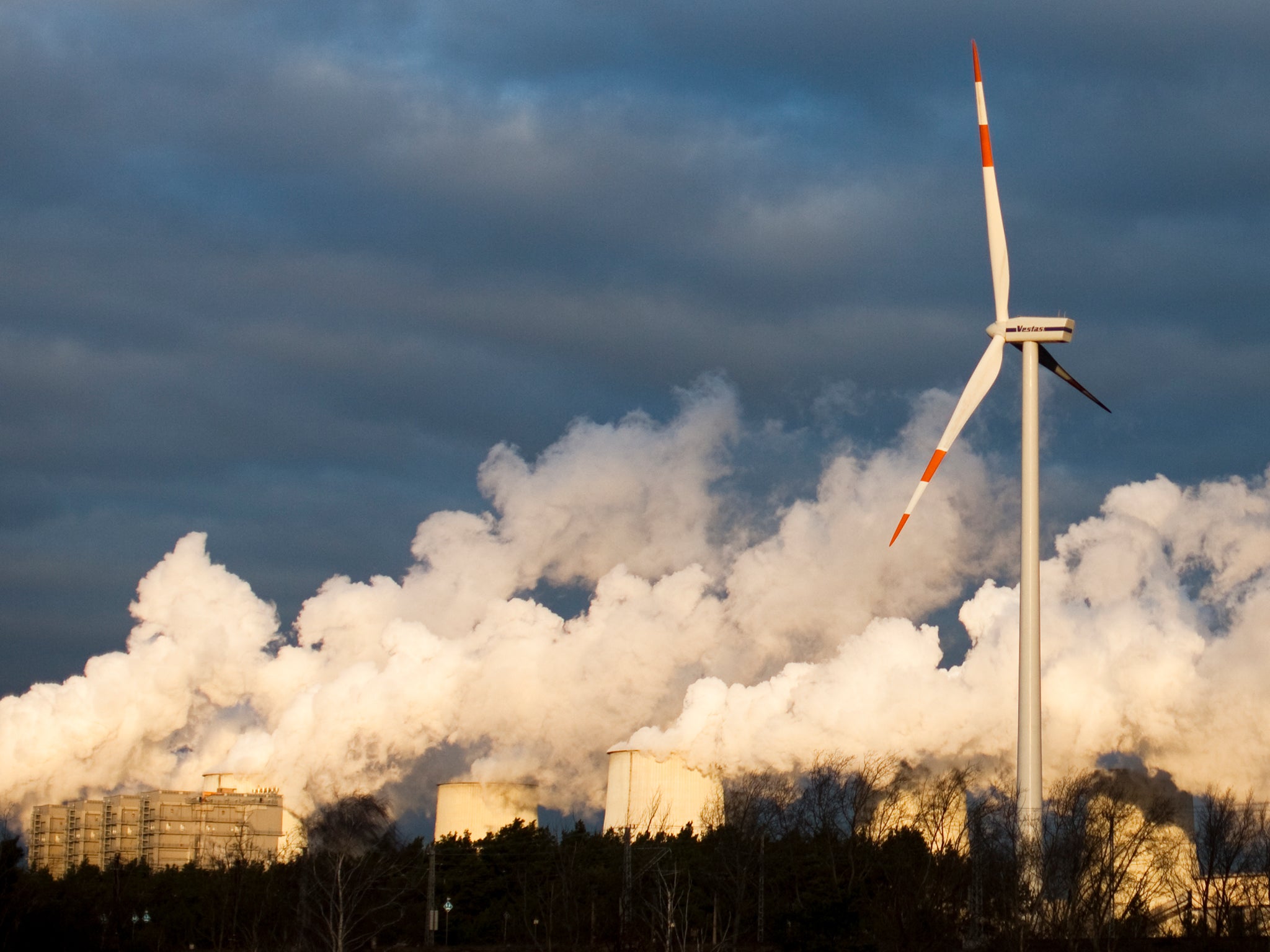Despite lofty goals and a pandemic, carbon emissions are still rising – so what will work in turning the tide?
Understanding our lack of progress tells us a lot about what is required to deal with our climate emergency, and what won’t be enough


Your support helps us to tell the story
From reproductive rights to climate change to Big Tech, The Independent is on the ground when the story is developing. Whether it's investigating the financials of Elon Musk's pro-Trump PAC or producing our latest documentary, 'The A Word', which shines a light on the American women fighting for reproductive rights, we know how important it is to parse out the facts from the messaging.
At such a critical moment in US history, we need reporters on the ground. Your donation allows us to keep sending journalists to speak to both sides of the story.
The Independent is trusted by Americans across the entire political spectrum. And unlike many other quality news outlets, we choose not to lock Americans out of our reporting and analysis with paywalls. We believe quality journalism should be available to everyone, paid for by those who can afford it.
Your support makes all the difference.The only problem with having an Earth Day once a year, is that what we really need, of course, is 365 Earth Days every year. We’d never stand for having just one Breathing Day per year. On the other hand, it has succeeded in providing a focal point.
The UK government chose today to announce the very welcome tightening up of its climate targets to a 78 per cent cut by 2035 from 1990 levels, in line with the advice of the Climate Change Committee. And just maybe, the desire for an Earth Day announcement provided an extra nudge to make that happen. (The fact that the news leaked out beforehand so badly that the official announcement had to be brought forwards is beside the point.)
President Biden also chose today and tomorrow for his Leaders Summit on Climate, to encourage world leaders to take a good hard look at what needs doing in each of their own backyards.
It is also probably not a coincidence that the International Energy Agency chose this week to set the context, with its stark warning that carbon dioxide emissions are set to jump upwards in 2021 by the second biggest amount of all time, taking us almost back to pre-Covid emissions levels. When you bear in mind that this year the world is still under the Covid cosh, that makes it crystal clear that we have in no way succeeded so far in turning the carbon tide. In fact, anyone looking down on Earth from Mars would conclude from our carbon curve, that whilst humans had suffered a pandemic, they had not yet noticed climate change.
I don’t write this to be depressing, but because understanding our lack of progress tells us a lot about what is required to deal with our climate emergency, and what won’t be enough.
The piecemeal efforts of individuals, businesses and organisations will never be enough on their own, because they get lost in rebound effects. In other words, when we squeeze the carbon in just a few places at a time, the carbon everywhere else has a nasty tendency to grow in compensation. This is such an important concept (and one that I have written at length about in my books), and yet is still so poorly understood. It is crucial because it explains how it comes about that global carbon emissions continue to grow almost exactly as we might have predicted they would do without human awareness of the climate crisis, despite all the talk and action by so many people, companies and countries. Once we get our heads around the system dynamics, it finally becomes totally clear that somehow we need to make a global system-level change. We need to find a way of keeping the fuel in the ground everywhere at once, not just in a few or even in a majority of countries.
That is why the upcoming Cop26 is so critical. However hard it seems, we absolutely have to have global arrangements that stop the carbon leaking out elsewhere when the leading countries manage to make cuts.
Does this make individual, business and national action irrelevant? Absolutely not. But it does tell us a lot about the kind of action that is required. It tells us that whilst cutting our own carbon is still essential, even more important is the influence we exert on the world around us. We all have to be pushing for systemic change. Cop26 is a key mechanism for this, and we have to make it work.
So what can any of us do to help Cop26 succeed? For anyone living in the UK, the answer is to help us be good hosts. The world expects us to be serious and coherent. When it comes to coherence, the UK government is fumbling at best and has been embarrassingly caught out at worst, not least for giving the go-ahead on a new coal mine.
From stopping grants for green homes whilst promoting a green recovery, to investing in aviation and road development whilst public transport and trains remain underfunded, our elected representatives have certainly earned an A grade for inconsistency.
If we can’t resolve our inconsistencies, everyone will ask whether the UK government is stupid or whether it is hoping everyone else is too stupid to notice. If the UK wishes to be seen as a global leader on climate change and environmental issues (which, with the biggest historic carbon footprint, arguably it should be), we need to up our game. Now.





Join our commenting forum
Join thought-provoking conversations, follow other Independent readers and see their replies
Comments